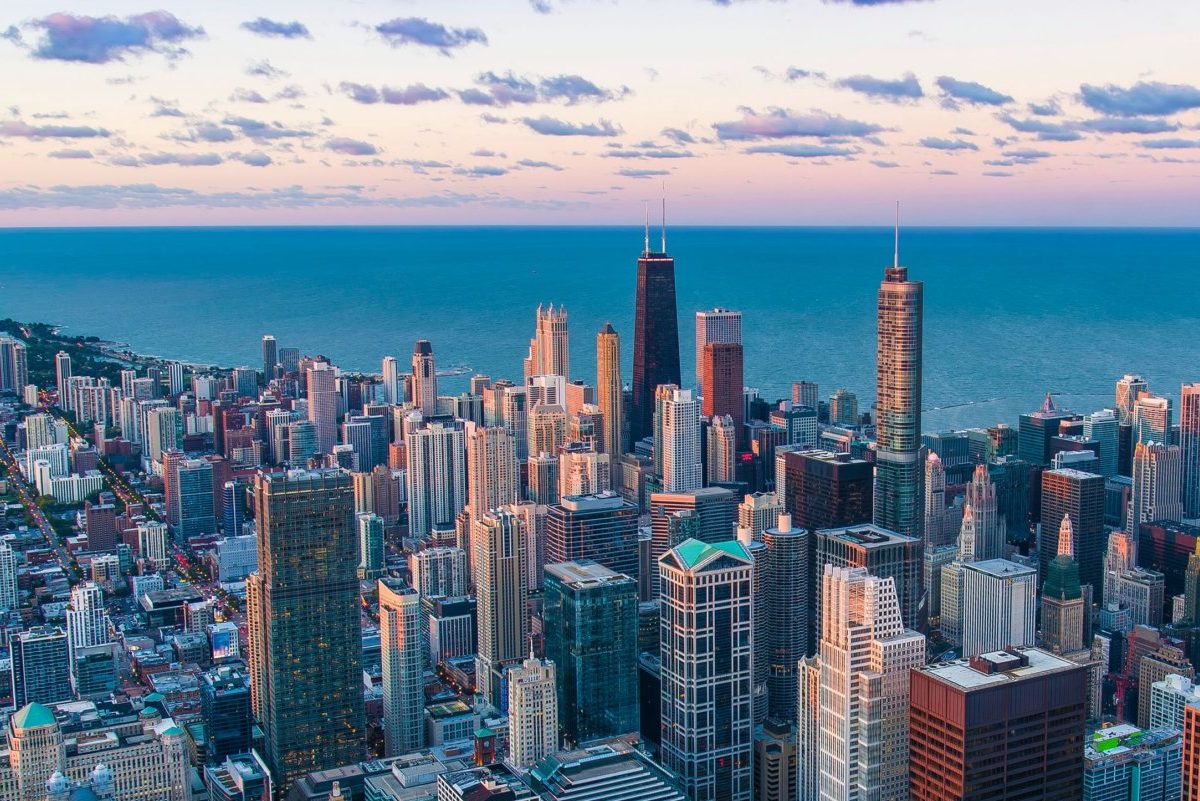A climate charter for professional bodies now represents over a million professionals globally. On day 4 of COP26, during a discussion about the future of the charter a panel of professionals outlined the importance of interdisciplinary collaboration, and laid out the first steps for professional bodies post-COP. The discussion closed with a simple message: net-zero is coming for everyone, and this challenge is best faced together.
The Professional Bodies Climate Action Charter, launched at London Climate Action Week 2021, aims to improve sustainability guidance for professionals, by sharing expertise across professions and making the results available to all institutions. The number of professionals represented through supporting organisations recently passed one million and includes scientists, lawyers, accountants, health professionals, engineers and more across the UK, Australia and New Zealand.
On the 4th day of COP26, the Charter hosted its largest meeting yet, showing off the progress made since launching in July. It also shared hopes for the future of professional bodies in a net zero world. The session was opened by:
- Moderator: Heather McKay, Policy Advisor at E3G
- Keynote speaker: Nick Baker, Deputy Director of Business & Engagement at the COP26 Unit
Followed by:
- Colin Church, CEO, Institute of Materials, Minerals and Mining (IOM3)
- Ethny Childs, Engagement & Communities Lead, Institution of Environmental Sciences (IES)
- Caroline May, Chair, Law Society Climate Change Working Group
- Klaus Veil, President, Australian Council of Professions (ACoP)
In his keynote, Baker called for a “step change” in climate action “working right across society”. The early outcomes from Glasgow, from a wide-ranging declaration on land use and deforestation to the alignment to net-zero of financial assets via GFANZ, demonstrated this necessity. Forestry, agriculture, finance and energy are just some of the professions and industries represented by the Charter – it is clear there is work for all of them.
Heroes, not villains, of the green transition
Church explained the critical gaps in climate action the Charter is placed to fill. He noted that professional bodies are trusted by the public and not motivated by commercial interests, placing them in a strong position for leadership. Crucially, a majority of those who will make up the workforce in 2050, when many nations have committed to meet net-zero, are already at work today. This means professional bodies have an imperative to upskill their members now.
Church shared his vision of supporting IOM3’s members “to be heroes of the transition… and not villains”, and argued that the skills of petroleum engineers would be vital for building the offshore wind farms of the future. Childs agreed, emphasising the importance of engaging members to understand their needs and give them agency in this process.
Collaboration is key in the future of professional bodies
Interdisciplinary collaboration was held up by May as a key value-added of the Charter, in an already-crowded climate initiative space. “In my years of practice… there has not been a solution that hasn’t involved that multidisciplinary working so it’s an absolute no-brainer… my chemistry teacher would be amazed at my grasp of chemistry now”. She finished: “membership gives you a community, it gives you support, it gives you networking opportunities and a very powerful voice”.
Veil was keen to point out that he applied across borders, as well: “We are down under… but the issues of course, here, are just the same”. Work on this is already underway, with Veil announcing that inspired by Charter, ACoP had set up a Professional Bodies Forum for Climate Action, open to all types of organisations across Oceania.
Challenges after COP
Looking ahead, the panel offered some concrete challenges the Charter and its signatories would have to find solutions to. “Should you act for heavily polluting industries?” asked May, noting that this is a key issue not just for younger lawyers but also many of their clients, who now “won’t engage a law firm that doesn’t have proper sustainability principles”. Providing guidance on these issues, she said, is a core role of professional bodies.
But Childs emphasised that such thorny issues need not be faced alone. “we are all going to have to get to net-zero… and [the Charter] will provide you with resources to help you do this”. Veil concurred, saying: “different organisations will be at different places in the journey, and we need to bring them all with us”.
Above all, the Charter is not a to-do list to get to net zero. Rather, it is the opening of a long-overdue discussion. “We really do need to take what’s decided here and make that into tangible actions,” Childs said, “we need to see this COP as the beginning, not the end, of the journey”.
The recorded session on the Future of Professional Bodies in a Net Zero World can be found on the PBCAC YouTube channel.

